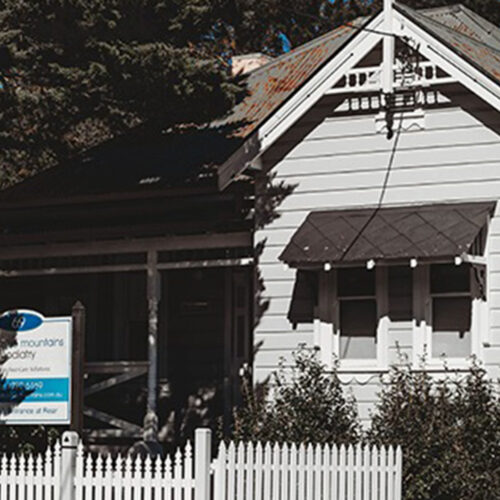7 Tips to Reduce ‘After Dinner’ Snacking
Do you snack at night?
You’re not alone! Snacking in the evening after dinner seems to be a common phenomenon and can be the downfall of even the healthiest eater. Half the problem is that the snack food consumed isn’t normally carrot and cucumber sticks but rather biscuits, chocolate, ice cream, lollies, crackers, alcohol, soft drink or chips…etc. Sound familiar?
While we all do this occasionally, if it’s a regular occurrence then it’s worth looking at ways to break this habit before it becomes a problem that could lead to weight gain or chronic health problems long-term.
Kicking the Habit…
People snack for various reasons, but there are ways to reduce snacking.
Here are 7 tips to help you kick the habit.
1. Have a plan of attack
If you tend to snack, having a plan of what you will do when that familiar feeling strikes, can be crucial. Write out a plan, try and stick it. Perhaps enlist the help of your family.
2. Get to bed earlier.
Are you a night owl who stays up late? Believe it or not, the later you’re up, the more likely hunger will strike. Solution: Go to bed earlier! Your body needs rest and once in bed, you’re unlikely to get up for a snack.
3. Avoid skipping breakfast or meals
If you skip breakfast or meals during the day this can leave you very hungry by evening and more likely to snack. Have a good breakfast and eat properly during the day.
4. Eat filling healthy foods
Can your food choices be improved? Sometimes the problem is your food choices. Food that has a low glycemic index and contains protein and fibre tend to be more filling. Bulking up meals with vegetables can also help fill you up.
5. Limit unhealthy snacks kept at home or buy single serves
If it’s in your kitchen, you’re more likely to eat it. So avoid buying it in the first place. But if you do, try buying it in single-serve rather than bulk, that way there aren’t seconds to go back for.
6. Brush your teeth & floss
Brushing your teeth is a valuable way to keep you out of the kitchen. How? After you brush, it’s highly likely that laziness will get the better of you – who wants to brush their teeth twice?
7. Have healthy low kilojoule alternatives available
Having healthy low kilojoule alternatives handy can dramatically cut down the kilojoules, sugars and fat consumed. Some good options include low kilojoule vegetables (e.g. vegetable sticks, cherry tomatoes, salad), diet jelly or even a cup of tea.
Once that feeling strikes, snacking can be hard to control. But a little forethought and a plan of attack can really help you stop evening snacking in its tracks.








